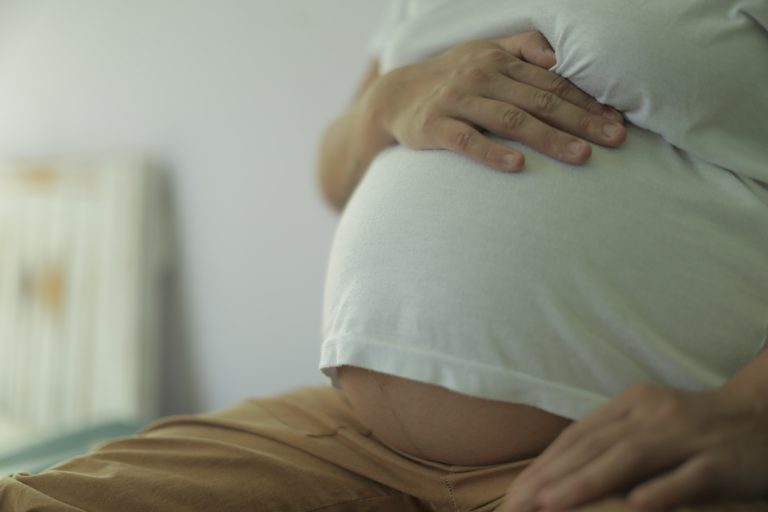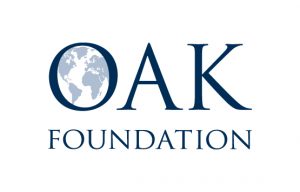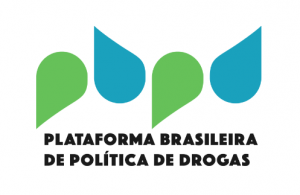Criadas como resposta ao encarceramento em massa, as audiências de custódia enfrentam desafios, distorções e especificidades locais em sua expansão para todas as comarcas de um país continental
Desde 2011, o IDDD defende, no Congresso e nas instituições do Sistema de Justiça, a criação das audiências de custódia, atuando para efetivá-las. Por meio de convênio com o CNJ (Conselho Nacional de Justiça) e Ministério da Justiça, a partir de 2015, passamos a acompanhar a implementação do então novo instituto em um projeto piloto no estado de São Paulo. No mesmo ano, a iniciativa foi ampliada para todas as regiões do Brasil.
Desde então, temos acompanhado sua implementação e publicamos três relatórios a respeito. O mais recente, de 2019, traz o resultado do monitoramento das audiências de custódia em 13 cidades de nove estados (AL, BA, DF, MG, PR, PE, RJ, RS e SP). Intitulado “O fim da liberdade: a urgência de resgatar o sentido e a efetividade das audiências de custódia”, o estudo revelou a extinção da concessão da liberdade irrestrita – ou seja, sem imposição de medidas cautelares – nesta que é a porta de entrada do sistema de justiça criminal. Além de produzir diagnósticos, o IDDD tem promovido encontros reunindo defensores/as públicos/as, juízes/as e promotores/as diretamente envolvidos na implementação das audiências de custódia, em diferentes regiões do Brasil, para debater aprimoramentos.
Histórico
Projeto piloto do CNJ e o monitoramento do IDDD
Um projeto piloto, idealizado pelo CNJ com apoio do IDDD, do Ministério da Justiça, dos Tribunais de Justiça e dos Governos Estaduais, foi posto em prática em fevereiro de 2015 – época em que a capital do estado de São Paulo passou a realizar as audiências de custódia. A iniciativa consistiu na criação de uma estrutura multidisciplinar nos Tribunais de Justiça estaduais, que receberia pessoas presas logo após o flagrante. Ali um juiz analisaria a necessidade da prisão provisória ou medidas cautelares alternativas, de forma a adequar práticas judiciais brasileiras ao Pacto de San José da Costa Rica e ao Pacto Internacional sobre Direitos Civis e Políticos (que estabelecem que, após a detenção, o custodiado deve estar na presença de um magistrado o mais rápido possível). As audiências passaram a acontecer no fórum criminal, em até 24 horas após o flagrante, com a presença de um defensor público ou constituído.
Em abril de 2015, o IDDD firmou um Termo de Cooperação Técnica com o Conselho Nacional de Justiça (CNJ) e o Ministério da Justiça (MJ) que deu origem ao “Projeto Audiência de Custódia”. A abrangência agora era nacional e ficamos responsáveis pelo acompanhamento, a análise e o monitoramento do projeto, sistematizando informações sobre seus impactos no sistema de justiça.
Fora de São Paulo, acompanhamos o desenvolvimento das audiências de custódia por meio de informações enviadas pelos Tribunais de Justiça e de parceiros (organizações, faculdades ou grupos de estudos) que fizeram o monitoramento in loco, registrando várias especificidades acerca dos contextos de implementação. Os resultados do estudo estão num relatório publicado em dezembro de 2017.
Audiências de custódia no Supremo Tribunal Federal
Em setembro de 2015, o STF determinou realização das audiências de custódia no prazo máximo de 90 dias em todo o território nacional, como uma das medidas necessárias para mitigação das consequências do colapso no sistema penitenciário brasileiro (ADPF nº 347).
Audiência Pública na Comissão Interamericana de Direitos Humanos
Ainda em outubro de 2015, o IDDD; a Conectas Direitos Humanos; o Instituto Terra, Trabalho e Cidadania (ITTC); a Justiça Global; e a Clínica Internacional de Direitos Humanos da Universidade de Harvard foram admitidos numa audiência pública, na sede da Organização dos Estados Americanos (OEA), em Washington, durante o 156º período ordinário de sessões da Comissão Interamericana de Direitos Humanos. O encontro tratou dos resultados alcançados pelo “Projeto Audiência de Custódia”. No evento proposto pelo Estado brasileiro, o IDDD foi representado por sua então diretora executiva Isadora Fingermann, que trouxe dados do monitoramento, além de recomendações para o aprimoramento da medida.



































